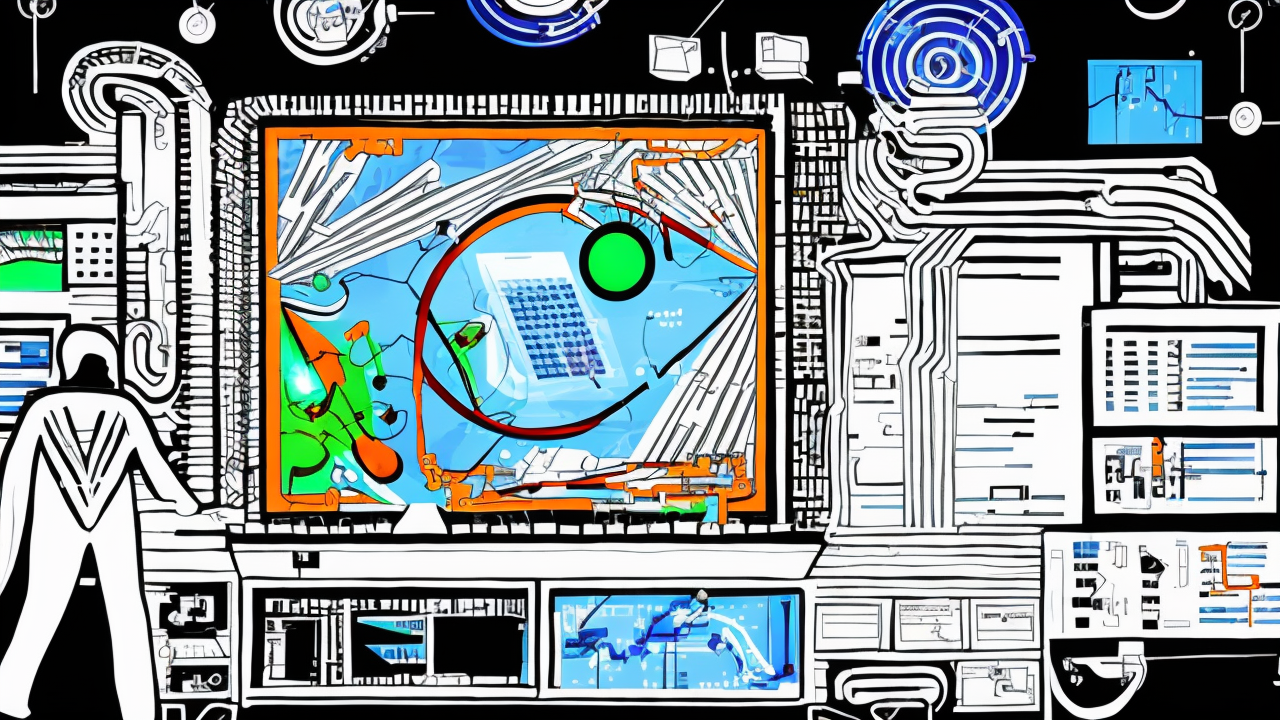Google Achieves Quantum Advantage, Pioneers Useful Algorithm

Google has achieved a major milestone in computing with its demonstration of quantum advantage using a new algorithm called "quantum echoes." This breakthrough, realized on the Willow quantum chip, shows that a specific computational task completed in just 2.1 hours on a quantum system would take a leading classical supercomputer nearly 3.2 years to perform. The difference is not just a matter of speed—it represents a fundamental shift in what machines can achieve. For a nation committed to innovation, leadership, and the responsible stewardship of technology, this moment is both encouraging and instructive.
The "quantum echoes" method works by carefully manipulating qubits through a sequence of quantum gates, creating a kind of controlled interference that mimics the way sound reflects through space. While the process is complex, it opens new doors for understanding quantum behavior in practical ways. One of the most promising applications lies in simulating small molecules—particularly in the context of Nuclear Magnetic Resonance (NMR) technologies. These simulations could allow scientists to probe molecular structures at greater distances and with higher precision than classical methods currently allow. Such insights could lead to better materials, more effective medicines, and improved energy solutions.
Though the current system uses only 15 qubits and focuses on relatively simple systems, the foundation is solid. Scaling this technology to more complex problems will depend on continued improvements in hardware reliability and error reduction. Google estimates that a three- to fourfold improvement in qubit fidelity would be needed to reach the level of simulation required for molecules beyond the reach of classical computers. That goal is within sight, especially when one considers the steady progress being made across both public and private sectors.
The broader implications of this work are significant. As quantum computing matures, it could transform industries that shape our daily lives—healthcare, energy, manufacturing, and defense. The ability to model molecular interactions at a deeper level could accelerate drug discovery, reduce development costs, and bring life-saving treatments to patients faster. It could also lead to new materials that are stronger, lighter, and more sustainable—key advantages for a nation focused on self-reliance and long-term prosperity.
At the same time, the global race for technological supremacy remains intense. Nations like China are investing heavily in quantum research, and the United States must respond with sustained commitment. This is not merely about staying competitive—it is about ensuring that the nation retains control over the tools that shape the future. Innovation rooted in American values—principled leadership, sound stewardship, and a focus on human betterment—should guide how we develop and apply these powerful technologies.
Reproducibility remains a valid concern. With no other system yet matching Google’s combination of qubit count and low error rates, independent verification is essential. Yet the collaboration with leading academic institutions suggests a commitment to transparency and scientific rigor. That kind of partnership between industry and scholarship strengthens the entire ecosystem of discovery.
This achievement is not a distant dream. It is a real step forward in a journey that began decades ago. As we move toward practical quantum utility, it is important to remember that technology should serve people, not the other way around. When developed with wisdom and purpose, quantum computing can enhance our ability to care for one another, protect our communities, and build a more resilient future.
For a nation that values progress grounded in truth, responsibility, and enduring principles, the path forward is clear. Continued investment in science, support for American talent, and a focus on applications that improve lives are not just wise policies—they are a moral imperative. The future of quantum computing is not just about faster machines. It is about building a stronger, more capable, and more hopeful America.
Published: 10/22/2025








